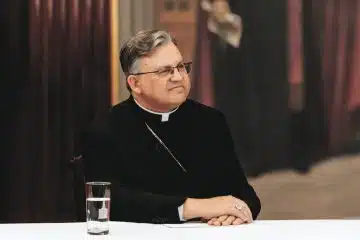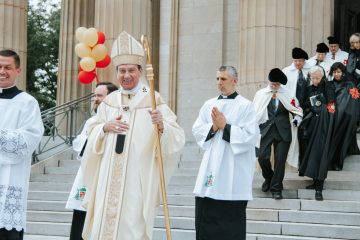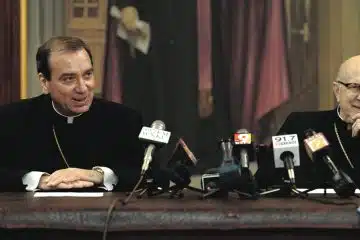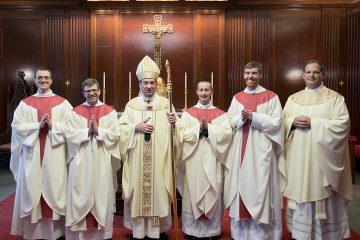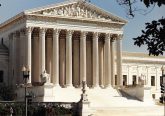BREAKING: Supreme Court sides with football coach in prayer case
Washington, D.C. Newsroom, Jun 27, 2022 / 08:43 am
The Supreme Court ruled 6-3 Monday in favor of a high school football coach in a First Amendment case concerning his right to pray on the field.
Both sides of the case, Kennedy v. Bremerton School District, argued that the case concerns religious freedom — with the ex-coach, Joseph Kennedy, emphasizing his right to religious freedom and his former employer, Bremerton High School, citing students’ religious freedom.
Kennedy, a Christian, lost his job as a public school football coach in Bremerton, Washington, for refusing to stop praying at the 50-yard line after games.
The court ruled that the school district breached Kennedy’s free exercise and free speech rights.
“Here, a government entity sought to punish an individual for engaging in a brief, quiet, personal religious observance doubly protected by the Free Exercise and Free Speech Clauses of the First Amendment,” the court’s opinion by Justice Neil M. Gorsuch reads. “And the only meaningful justification the government offered for its reprisal rested on a mistaken view that it had a duty to ferret out and suppress religious observances even as it allows comparable secular speech.”
“The Constitution neither mandates nor tolerates that kind of discrimination,” it continues.
Justices John G. Roberts, Clarence Thomas, Samuel A. Alito, and Amy Coney Barrett joined Gorsuch in the opinion. Justice Brett M. Kavanaugh also joined, except for one part (Part III–B). Thomas and Alito filed concurring, or agreeing, opinions.
Justice Sonia Sotomayor filed a dissenting opinion. She was joined by Justices Stephen G. Breyer and Elena Kagan. They argued that the other justices placed the religious freedom of the coach above that of his student players.
“Today’s decision is particularly misguided because it elevates the religious rights of a school official, who voluntarily accepted public employment and the limits that public employment entails, over those of his students, who are required to attend school and who this Court has long recognized are particularly vulnerable and deserving of protection,” the dissenting opinion reads.
Kennedy’s case dates back to 2015 when Bremerton High School placed him on administrative leave. The school did not renew his contract for the following season. Kennedy filed suit to vindicate his right “to act in accordance with his sincerely held religious beliefs by offering a brief, private prayer of thanksgiving at the conclusion of BHS football games,” according to his brief.
The case centered on two questions: “(1) Whether a public-school employee who says a brief, quiet prayer by himself while at school and visible to students is engaged in government speech that lacks any First Amendment protection; and (2) whether, assuming that such religious expression is private and protected by the free speech and free exercise clauses, the establishment clause nevertheless compels public schools to prohibit it.”
In oral arguments before the court in April, Richard B. Katskee, a lawyer representing the Bremerton School District, argued that Kennedy’s actions as a coach pressured students to pray.
“No one doubts that public school employees can have quiet prayers by themselves at work even if students can see,” Katskee said. But Kennedy, he said, “insisted on audible prayers at the 50-yard line with students.”
The Bremerton School District’s brief complained that Kennedy prayed “while on duty” and claimed that the practice “could be coercive.” The district maintains that it tried to “accommodate” Kennedy by suggesting, among other things, that he pray in the press box away from the rest of the team.
Paul D. Clement, Kennedy’s attorney, disagreed.
“When Coach Kennedy took a knee at the midfield after games to say a brief prayer of thanks, his expression was entirely his own,” he said during oral arguments. “That private religious expression was doubly protected by the free exercise and free speech clauses.”
This is a developing story.





